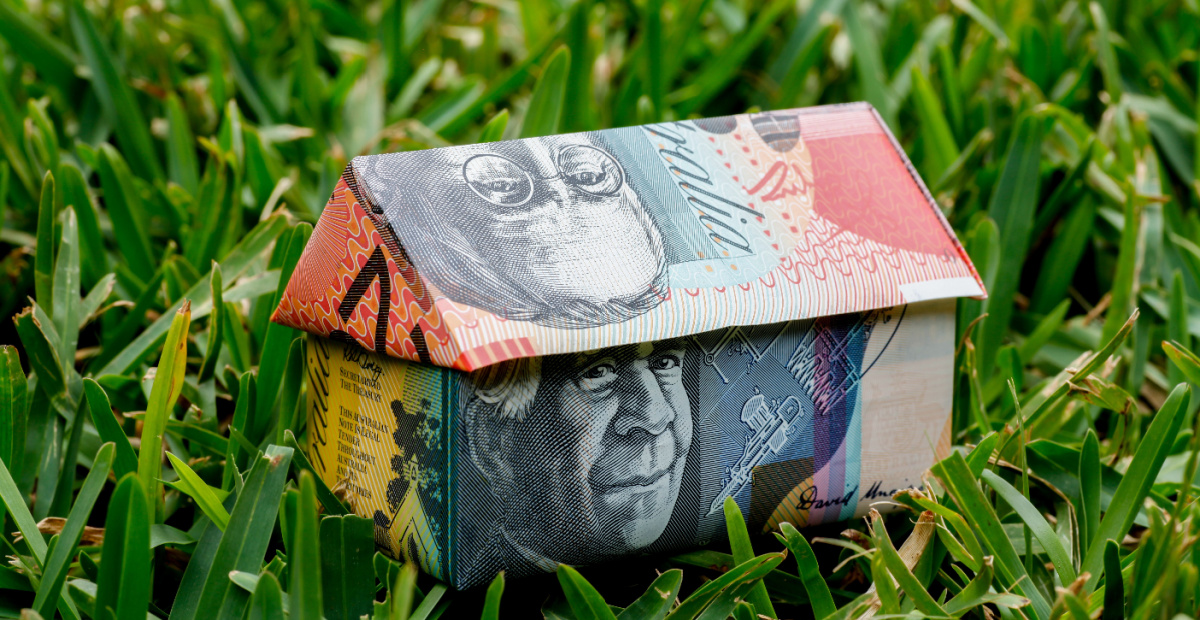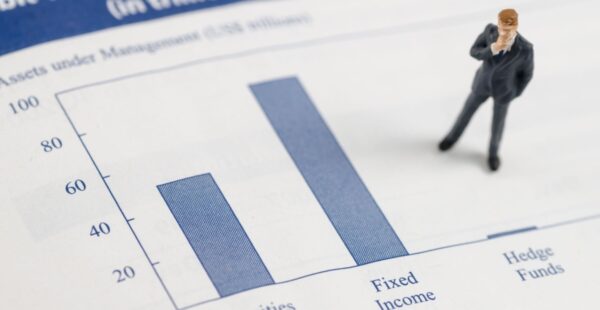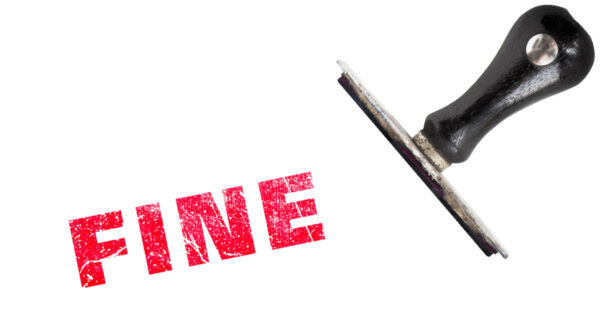Property bubble pushes Australian household wealth to new record

Australian household net wealth hit a new record of $16.2 trillion in the March 2024 quarter, driven by a surge in the value of property assets, according to new data from Australian investment firm Capspace.
The value of Australian property assets hit a record of $11.0 trillion at the end of March 2024, making up around 67.9% of net household wealth, up from 61.7% in December 2020.
“Australians are stockpiling their wealth in residential property, with… around two-thirds of household wealth is now held in bricks and mortar,” Capspace wrote.
Australian households also held $1.46 trillion directly in equities, $1.73 trillion in cash and deposits, and $3.88 trillion in superannuation.
Noting the increasing proportion of household wealth locked up in property, Capspace managing director Tim Keith urged investors to consider diversifying their wealth assets.
“With such a large proportion of individual wealth tied up in property, it makes sense for investors to diversify into other asset classes, to lessen their risk of their wealth falling should residential property prices pull back on higher interest rates and any slowing in the economy,” Keith said.
For Keith, more attractive yields can be found in more defensive assets.
“While property owners have benefited from property price rises, more defensive assets such as fixed income, and particularly private credit, can deliver more attractive yields than residential property and even fully franked shares. That’s important because it is income-yielding assets that will support Australians in everyday living and in retirement,” he said.
Keith advocated for further investment in private credit, which he said offers an attractive level of regular cash income and return for investors, particularly in comparison to the long-run average returns of more volatile asset classes such as residential property and share markets.
Private credit can deliver investors yields close to 10% per annum, which is almost double typical yields on residential property which fall below 5%, Keith said.
“In addition, many private credit loans are floating rate and returns can increase with changes in the cash rate or bank bill swap rate.”
The prospect of the RBA increasing interest rates at its next meeting in July bodes well for returns on private credit, with most corporate loans at a floating rate.
“In sum, any rise in official rates could lift returns on private credit,” Keith said.











Of course he is trying to reduce exposure. But why should innocent Advisers only, get lumped with over a $$$$…
I think he is confusing the ORFR with the Part 23 provisions in the SIS Act that enable compensation to…
This is an excellent article which could be expanded into a PhD paper of how Canberra and a bunch of…
Good article. I know many advisors planning their exit over the next few years if this mess does not get…
Jim’s talk fest in Canberra spent million $$$$ and what will they do. MANUFACTURE MORE RED TAPE. Why is there…